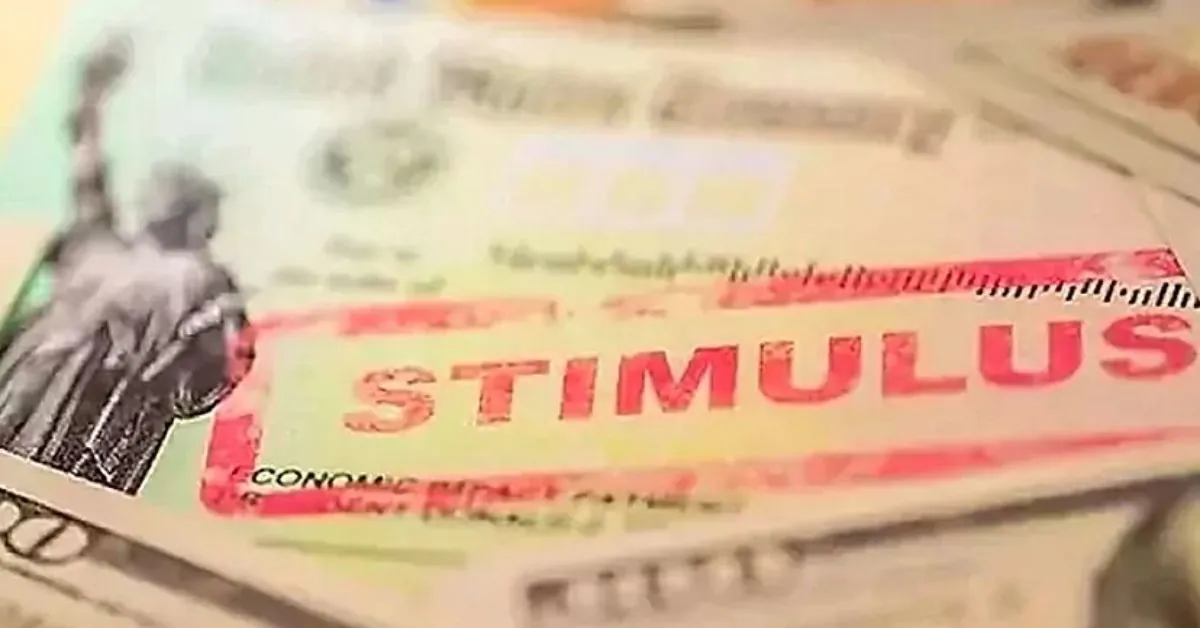In a bid to alleviate economic pressures and boost consumer spending, Colorado has introduced an exciting opportunity for its residents to receive financial assistance through stimulus checks. This initiative, part of the Taxpayer’s Bill of Rights (TABOR) refund, directly redistributes the state’s surplus funds to eligible taxpayers. Let’s take a closer look at the details of the $800/$1600 stimulus checks and how they are set to impact Colorado residents.
Understanding the TABOR Refund
This Article Includes
Every year, Colorado experiences a fiscal surplus, and the state is required by the Taxpayer’s Bill of Rights (TABOR) to return excess revenue to taxpayers. This year, the surplus amounts to $1.5 billion, prompting the state to distribute stimulus checks to eligible residents as part of the TABOR refund.
For individual taxpayers, the refund is set at $800, while married couples filing jointly can receive up to $1600. This financial relief is designed to provide a direct boost to individuals’ purchasing power and contribute to the local economy by increasing consumer spending.
Who Is Eligible for the Stimulus Checks?
To qualify for the TABOR refund, residents must meet certain eligibility requirements. Here’s a breakdown of the criteria:
- Residency: Applicants must have lived in Colorado for at least a year.
- Tax Compliance: To be eligible, residents must have filed their Colorado 2023 DR 0104 tax returns by the due date of April 15, 2024.
- Age and Continuous Residence: Applicants must be at least 18 years old and have lived in Colorado for a minimum of 183 days during the fiscal year.
- Legal Standing: To qualify, residents must not have any outstanding tax debts or criminal convictions that resulted in imprisonment for 180 days or more during the fiscal year.
Meeting these criteria ensures that residents are able to access the stimulus funds designed to help offset personal financial burdens.
Economic and Social Impact of TABOR
The TABOR initiative has generated both positive and negative effects on Colorado’s economy. On the one hand, it offers immediate financial relief to taxpayers, enhancing household budgets and stimulating consumer spending. On the other hand, the TABOR limits the state’s ability to adequately fund public services, which has raised concerns about the long-term sustainability of essential services.
Over the years, this limitation has led to significant reductions in funding for public education, healthcare, and other vital services. For instance, Colorado’s ranking in K-12 education spending dropped from 35th to 49th between 1992 and 2001, and similar declines were seen in higher education funding.
Criticisms and Challenges of the TABOR Model
While TABOR refunds provide short-term relief, critics argue that the strict revenue and spending caps imposed by the law fail to account for the growing costs of public services, which increase faster than inflation and population growth. As a result, Colorado faces challenges in sustaining investments in infrastructure, education, and public health, areas that are crucial for long-term economic growth.
The business community has raised concerns that the TABOR restrictions hinder the state’s ability to maintain the necessary infrastructure for continued economic development. These challenges point to the need for a more balanced approach that supports both taxpayers and public services.
How Much Can You Expect to Receive?
The amount of the stimulus check depends on your filing status:
- Individual Taxpayers: Single filers can expect a refund of $800.
- Married Couples Filing Jointly: Couples can receive up to $1600, reflecting double the individual rate.
This differential ensures that households with multiple earners benefit from a larger refund, helping to ease the financial burden more effectively.
Steps to Claim Your $1600 Stimulus Check
To claim your stimulus check, follow these simple steps:
- Verify Your Eligibility: Ensure you meet the residency, tax, and legal criteria to qualify.
- Check Your Filing Status: Confirm that your tax returns are filed correctly and on time.
- Update Your Information: If your filing status or address has changed, make sure the Colorado Department of Revenue has your updated details.
- Be Patient: The distribution of checks follows the state’s fiscal timetable, so it may take some time before you receive your refund.
By adhering to these steps, you can ensure a smooth process for receiving your stimulus payment.
Conclusion: A Vital Opportunity for Financial Relief
Colorado’s $800/$1600 stimulus checks represent an important opportunity for residents to receive direct financial aid during uncertain economic times. While the TABOR refund provides short-term relief, it also highlights the ongoing tension between taxpayer benefits and the need for adequate funding for essential services.
By understanding the eligibility requirements and following the necessary steps to claim the refund, residents can take full advantage of this initiative, which not only supports individual households but also aims to stimulate the local economy. However, the broader implications of TABOR’s fiscal constraints raise important questions about the state’s long-term economic sustainability.







Leave a Reply